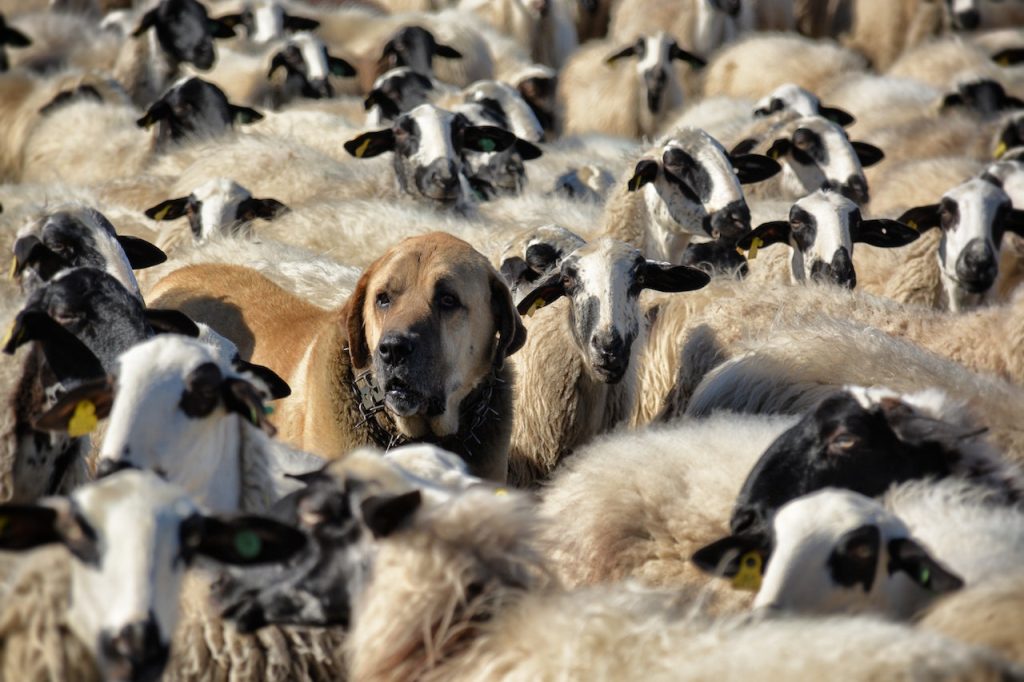Working dogs, known for their intelligence, loyalty, and strong work ethic, have been invaluable companions to humans for centuries. Whether you’re considering a Border Collie to help with herding or a German Shepherd for protection, getting a working dog is a significant decision that comes with unique responsibilities. In this article, we’ll explore everything you need to know before bringing a working dog into your life.

Understanding Working Dogs
Working dogs encompass a wide range of breeds, each with its specific skills and traits. Here’s what you should consider:
1. Identifying Your Needs
- Different working dog breeds excel in various roles, such as herding, hunting, guarding, and more. Determine your specific needs before choosing a breed.
2. Researching Breeds
- Research breeds that match your requirements. For example, Border Collies are known for their herding abilities, while Labrador Retrievers make excellent service dogs.
3. Physical Activity Requirements
- Working dogs are active and require ample exercise. Be prepared for daily activities like long walks, playtime, and mental stimulation.
4. Mental Stimulation
- Working dogs thrive on mental challenges. Consider activities like puzzle toys and obedience training to keep their minds engaged.
5. Socialization
- Early socialization is crucial to prevent behavioral issues. Expose your working dog to various people, animals, and environments from a young age.
6. Training Commitment
- Working dogs require consistent, positive reinforcement-based training to develop their skills and behavior.
7. Space Requirements
- Ensure you have enough space for your dog to move around comfortably, especially if you’re considering larger breeds.
8. Healthcare
- Regular vet check-ups and vaccinations are essential for a working dog’s well-being.
Choosing the Right Working Dog Breed
Herding Dogs
- Border Collie
- Australian Shepherd
- Shetland Sheepdog
Hunting Dogs
- Labrador Retriever
- German Shorthaired Pointer
- Beagle
Guard Dogs
- German Shepherd
- Rottweiler
- Doberman Pinscher

Training Your Working Dog
1. Basic Obedience
- Start with basic commands like sit, stay, and come.
2. Specialized Training
- Enroll in specialized training classes to develop your dog’s specific skills.
3. Consistency
- Consistency is key to successful training. Establish a routine and stick to it.
4. Positive Reinforcement
- Use positive reinforcement techniques like treats and praise to motivate your dog.
Challenges of Owning a Working Dog
1. Time Commitment
- Working dogs require a significant time investment in exercise and training which includes dog grooming.
2. Energy Levels
- Be prepared for high energy levels, especially in younger working dogs.
3. Socialization
- Failing to socialize your dog properly can lead to behavioral problems.
4. Breed-Specific Health Concerns
- Research breed-specific health issues and ensure proper care.

Getting a working dog can be a rewarding experience if you’re prepared for the responsibilities they bring. Consider your lifestyle, living situation, and the specific needs of the breed you choose. With the right commitment, training, and care, your working dog can become a loyal and invaluable companion.
Read more blog posts!
FAQs
- What makes working dogs different from other breeds?
- Working dogs are known for their strong work ethic and are bred for specific tasks, such as herding, hunting, or guarding.
- Do working dogs make good family pets?
- Some working dog breeds can make excellent family pets, but it depends on their individual temperament and training.
- How much exercise does a working dog need daily?
- Most working dogs require at least 1-2 hours of exercise each day, but this can vary based on the breed.
- What is the lifespan of a typical working dog breed?
- The lifespan of a working dog breed varies but generally ranges from 10 to 15 years.
- Can I adopt a working dog from a rescue organization?
- Yes, many working dog breeds are available for adoption through rescue organizations. However, they may require extra training and socialization.



